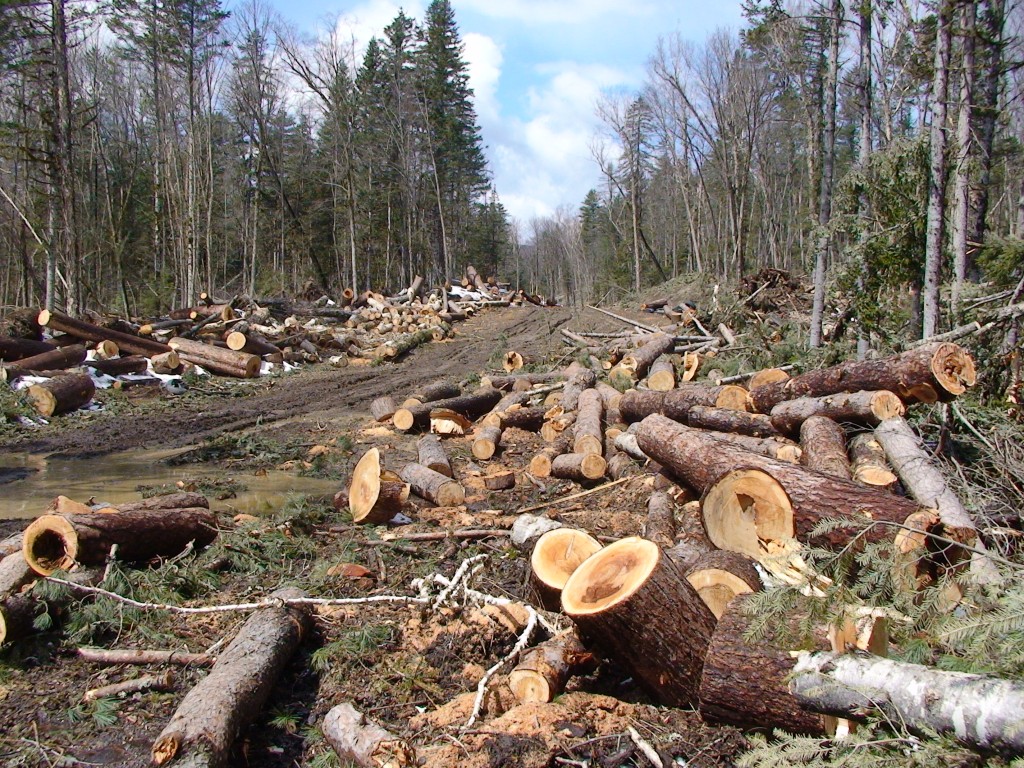An Opinion:

By Jonathan Karuguru.
Tanzania is on paper compliant to world-wide initiatives that call for open government—the initiatives behind Publish What You Pay campaigns, and the international Extractive Industry Transparency Initiative. But what is happening on the ground leaves more questions than answers.
The campaign ‘Publish What You Pay’ (PWYP), which in Tanzania is added the nation’s letter to become PWYP-T was launched about five years ago at Giraffe Oceanic View Hotel in Dar Es Salaam.
Publish What You Pay is a global civil society coordinated campaign determined to promote transparency and good governance in the extractive industries world-wide. The campaign focuses particularly on minerals, oil, gas, fisheries and forestry resources.
PWYP’s Tanzania Chapter, abbreviated as PWYP-T, follows on the foot-steps of founding principles which stipulate that this is a campaign; it is not an institution. It is part of a global campaign conducted by civil society organizations (CSOs) in various compliant countries around the world to promote transparency in management of natural resources.
Currently, PWYP-T works closely with the Tanzania Extractive Industry Transparency Initiative (TEITI). The campaign works through a tripartite arrangement under the CSOs to address transparency and governance issues in the extractive sectors in Tanzania.
Analysis indicates however, that there is a need to strengthen Tanzania’s extractive industry transparency initiative (TEITI) so that the government, CSOs and the companies in the industry work as an efficient and effective tripartite team. At the moment there is a lot left to be desired.
CSOs had and still have a lot they would like to see contained in the mining policy to complement desired greater public interest. The existing mining law was pushed through parliament like an emergency issue, neglecting some members of the ‘tripatite’. As a consequence, the current mining law raises more questions than answers.
The government, civil society organizations and companies in the extractive industry need to sit together from time to time and strategically uphold the implementation of the available TEITI work plan as passed by the tripartite from time to time.

Everywhere around the world minerals have to be owned by the households, families and the indigenous population. Where these groups are not in control–even through their governments or government machineries–that means there is no ownership; there is no effective management.
There is no point of quarrying despite of differing interests. Mineral resources are for both the current and future generations. To the current generation as custodians, it is very crucial to be of service to the nation.
Actually, the move to rush the enactment of the current mining law a few years ago, bearing in mind the inadequacies of the mining policy of 1997, the mining act of 1998, the petroleum act of 1980 as revised in 2008 as well as the energy policy of 1992 as revised 2003 left more questions than answers.
Extractive resources are essential and a key component for promoting economic growth as well as poverty eradication in any country. Therefore, there is a need to raise awareness to all Tanzanians and to underscore the importance of understanding why the PWYP campaign is useful in Tanzania and around the world.
Jonathan Karuguru (Mtumishi), is a Tanzanian Social Entrepreneur, Consultant and Facilitator in Project Planning and Management.. Email Address: volunteerism2tz@yahoo.com; jkaruguru@tzbusinessnews.com



